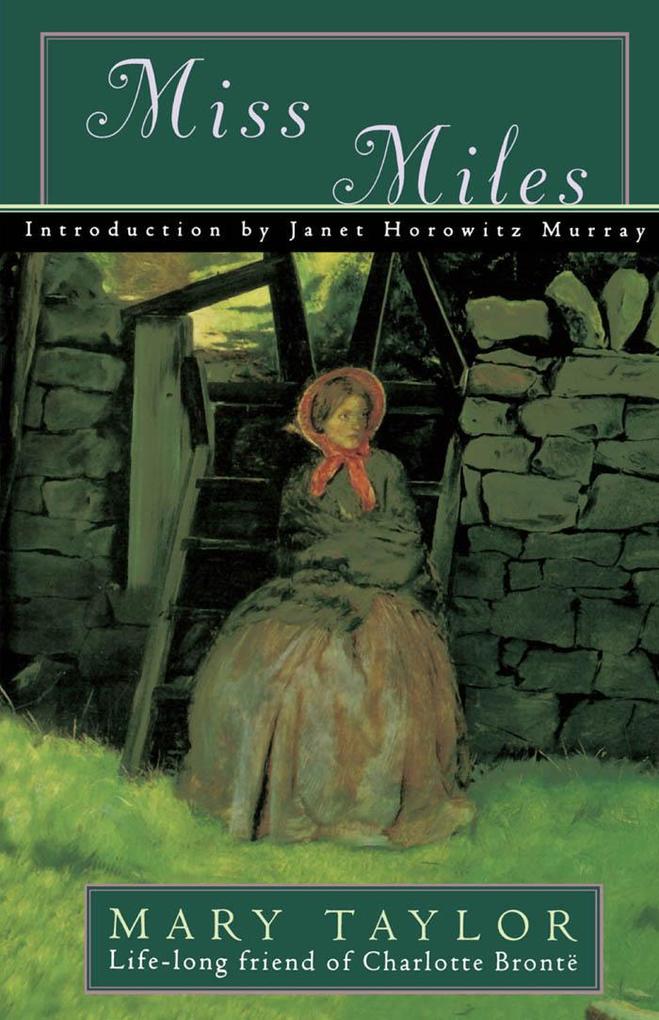
Sofort lieferbar (Download)
The close friendship between Charlotte Bront? and Mary Taylor began in boarding school and lasted for the rest of their lives. It was Mary Taylor, in fact, who inspired Bront? to leave her oppressive parsonage home and go to Brussels, the eventual setting for her novel, Villette. Mary herself led a much less restricted life, especially in her later years as a feminist essayist who strongly urged women to consider their "first duty" to be working to support themselves.
In Miss Miles, her only novel, Taylor breaks with tradition by creating a profoundly feminist and morally intense work which depicts women's friendships as sustaining life and sanity through all of the vicissitudes of Victorian womanhood. She also introduces an innovative narrative form which Janet Murray (who has written an introduction for this edition) calls a "feminist bildungsroman": the story of the education of several heroines which emphasizes their friendship and economic and mental well-being rather than their love lives. Set in the small Yorkshire village of Repton against the backdrop of starvation in the wool districts and the rise of Chartism in the 1830s, this recovered feminist classic chronicles the lives of four disparate and individually ambitious women as they learn to find their own voices and support one another. The novel's emphasis on the healing power of women's friendships echoes the relationship between Bront? and Taylor herself. Originally published in 1890, Miss Miles has been unavailable for decades. Its reappearance will delight all lovers of fine literature.
In Miss Miles, her only novel, Taylor breaks with tradition by creating a profoundly feminist and morally intense work which depicts women's friendships as sustaining life and sanity through all of the vicissitudes of Victorian womanhood. She also introduces an innovative narrative form which Janet Murray (who has written an introduction for this edition) calls a "feminist bildungsroman": the story of the education of several heroines which emphasizes their friendship and economic and mental well-being rather than their love lives. Set in the small Yorkshire village of Repton against the backdrop of starvation in the wool districts and the rise of Chartism in the 1830s, this recovered feminist classic chronicles the lives of four disparate and individually ambitious women as they learn to find their own voices and support one another. The novel's emphasis on the healing power of women's friendships echoes the relationship between Bront? and Taylor herself. Originally published in 1890, Miss Miles has been unavailable for decades. Its reappearance will delight all lovers of fine literature.
Produktdetails
Erscheinungsdatum
07. März 1991
Sprache
englisch
Dateigröße
21,63 MB
Autor/Autorin
Mary Taylor
Verlag/Hersteller
Kopierschutz
mit Adobe-DRM-Kopierschutz
Produktart
EBOOK
Dateiformat
PDF
ISBN
9780195362343
Entdecken Sie mehr
Bewertungen
0 Bewertungen
Es wurden noch keine Bewertungen abgegeben. Schreiben Sie die erste Bewertung zu "Miss Miles" und helfen Sie damit anderen bei der Kaufentscheidung.









